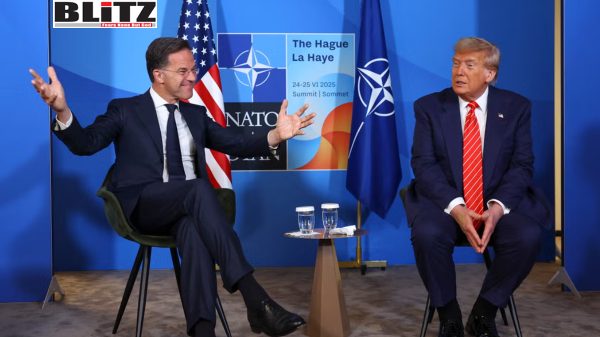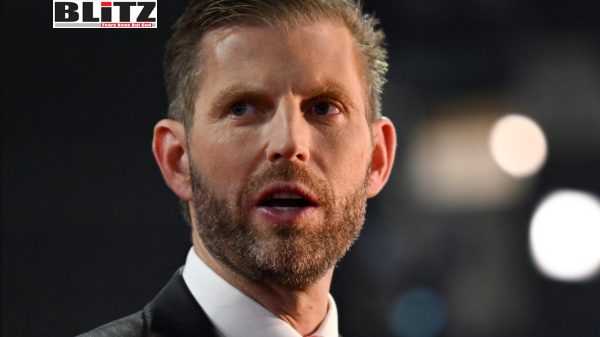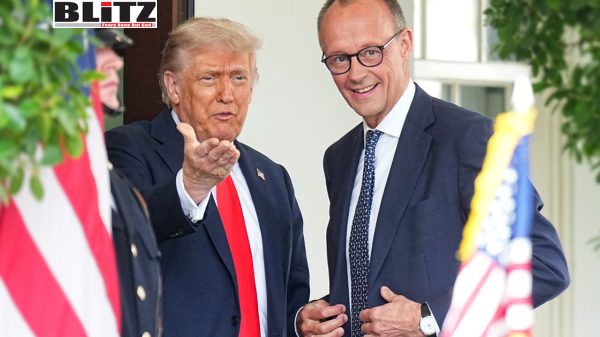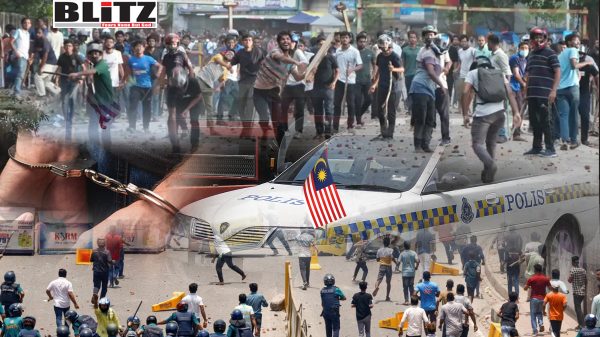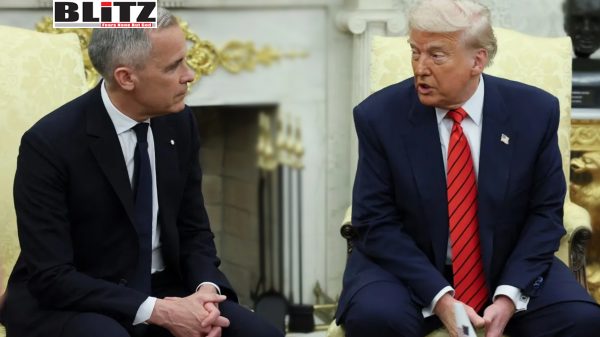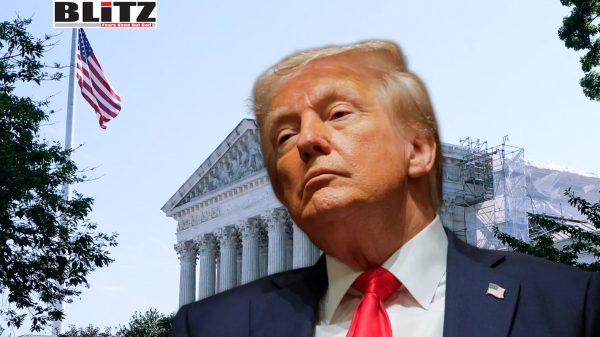Challenges in Bangladesh-US relations
- Update Time : Tuesday, September 12, 2023

The ninth security dialogue between Bangladesh and the United States, established in 2012, concluded on September 5, marking a significant diplomatic and strategic event for these two nations. The bilateral defense dialogue held on August 23-24 aimed to foster cooperation on various defense-related issues.
Leading the defense dialogue were Brig Gen Hussain Muhammad Masihur Rahman from Bangladesh’s Armed Forces Division and Brig Gen Thomas J James from the US Indo-Pacific Command. The dialogue aimed to promote a vision of a free, open, peaceful, and secure Indo-Pacific region, a shared objective between the two countries.
Following this, the ninth US-Bangladesh bilateral security dialogue took place in Dhaka on September 5, chaired by Deputy Assistant Secretary of State for Political-Military Affairs Mira Resnick and Bangladesh’s Director General (North America) Khandker Masudul Alam. The dialogue, initiated in 2012, signifies the growing security relationship between the two nations and their commitment to regional peace and prosperity. Discussions encompassed humanitarian assistance, disaster relief, peacekeeping, defense trade, military cooperation, counterterrorism efforts, maritime security, and regional issues.
Bangladesh-US bilateral relations currently face a challenging juncture, largely due to the shifting geopolitical dynamics in the Indo-Pacific region. Global attention has been focused on how these two countries manage their differences while emphasizing their strengths in their bilateral partnership.
The recent dialogue aimed to strengthen the overall security relationship but also addressed various other significant issues. First, both nations discussed their positions on the Indo-Pacific region, with the US unveiling its Indo-Pacific Strategy in 2022 and Bangladesh announcing its Indo-Pacific Outlook in April 2023. These documents share common elements such as freedom of navigation, open seas, and the responsible use of resources, with Bangladesh emphasizing its opposition to any hegemonic power and advocating for a free, secure, and inclusive Indo-Pacific region.
Second, the dialogue covered security cooperation between the two nations.
Third, defense trade and cooperation were key discussion points.
Fourth, Bangladesh raised concerns about security during its upcoming elections, and both countries exchanged views on this topic.
Fifth, Bangladesh expressed its desire for the removal of sanctions against its Rapid Action Battalion (RAB) security officials. The US conveyed that this matter involves a domestic process that may take time.
Sixth, both sides discussed humanitarian assistance and the Rohingya issue, recognizing its utmost priority for the region.
Seventh, counterterrorism efforts were highlighted as a common concern in the Bay of Bengal, South Asia, and Southeast Asia.
Maritime security challenges in the wider Indo-Pacific region, encompassing both traditional and non-traditional threats, were also addressed.
The constructive dialogue and the broad range of topics covered demonstrate the enduring interests of both Bangladesh and the US in strengthening their partnership to address bilateral and regional challenges. Since 2012, they have institutionalized their cooperative frameworks through regular defense and security dialogues, a significant achievement that often goes unnoticed by regional observers.
While there may be concerns about differences on certain bilateral issues such as human rights, elections, labor rights, trade access, sanctions, visa policies, and threat perceptions, ongoing engagements from both sides underscore their commitment to maintain their strategic partnership.
Frequent high-level visits, regular dialogues, economic cooperation, diplomatic collaboration, cultural exchanges, environmental cooperation, and enhanced regional and maritime security cooperation reflect the importance of Bangladesh-US bilateral ties.
In a world marked by geopolitical rivalries, exemplified by events like the Ukraine war and tensions between major powers, Bangladesh’s remarkable economic progress and growing geopolitical significance have positioned it to contribute significantly to common interests and objectives at bilateral, regional, and global levels. This security dialogue reaffirms the value of Bangladesh-US cooperation in addressing shared challenges.




